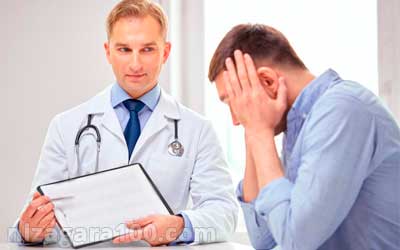How To Protect Yourself From STDs
According to the WHO, the annual incidence is 330 million new cases per year throughout the world and the age group most affected most is that of young people under the age of 25/30, particularly women. These diseases are widespread all over the world and affect all social strata, so they are not always closely linked to poor hygiene or poverty.
Here are the tips that will help you get to the end of summer with nothing but a mysterious smile on your face and a bunch of happy memories rather than nasty symptoms:

- Use a condom. This universal device is the first defense to protect yourself from sexually transmitted diseases, as well as from unwanted pregnancies, especially in the case of occasional relationships. It is a simple method to find and use, it is inexpensive, does not require a prescription and provides valid protection. Therefore, teenagers who are the most at risk for sexually transmitted diseases should always learn to use condoms, especially in case of casual dating.
- Respect the rules of intimate hygiene
- Change pads frequently during the menstrual cycle
- Limit the use of synthetic underwear
- Avoid sharing underwear and towels, toothbrushes, drugs etc.
- Vaccinating against HPV: an important preventive weapon against papilloma virus (HPV) infections that can cause warts and cervical and anus cancer, free HPV vaccination for female adolescents. The vaccine will probably be available for free shortly even for male adolescents but can also be performed at an older age, up to 45 years. The effectiveness of the protection is very well proven and, the latest vaccines available that cover as many as 9 different HPV strains, guarantee protection from the strains that in 90% of cases are the cause of cervical cancer.
- Get to know your body and get used to regularly checking your private parts: pay attention to the presence of itching, redness, burning to urinate, spontaneous pain or during sexual intercourse, abnormal or malodorous vaginal discharge, blisters or skin lesions of any kind new appearance.
In case of doubt, it is always advisable to consult the doctor, gynecologist or family doctor, or contact the consultants or STI Centers in the area, which often provide free access.
